Media hail the end of a tyrant
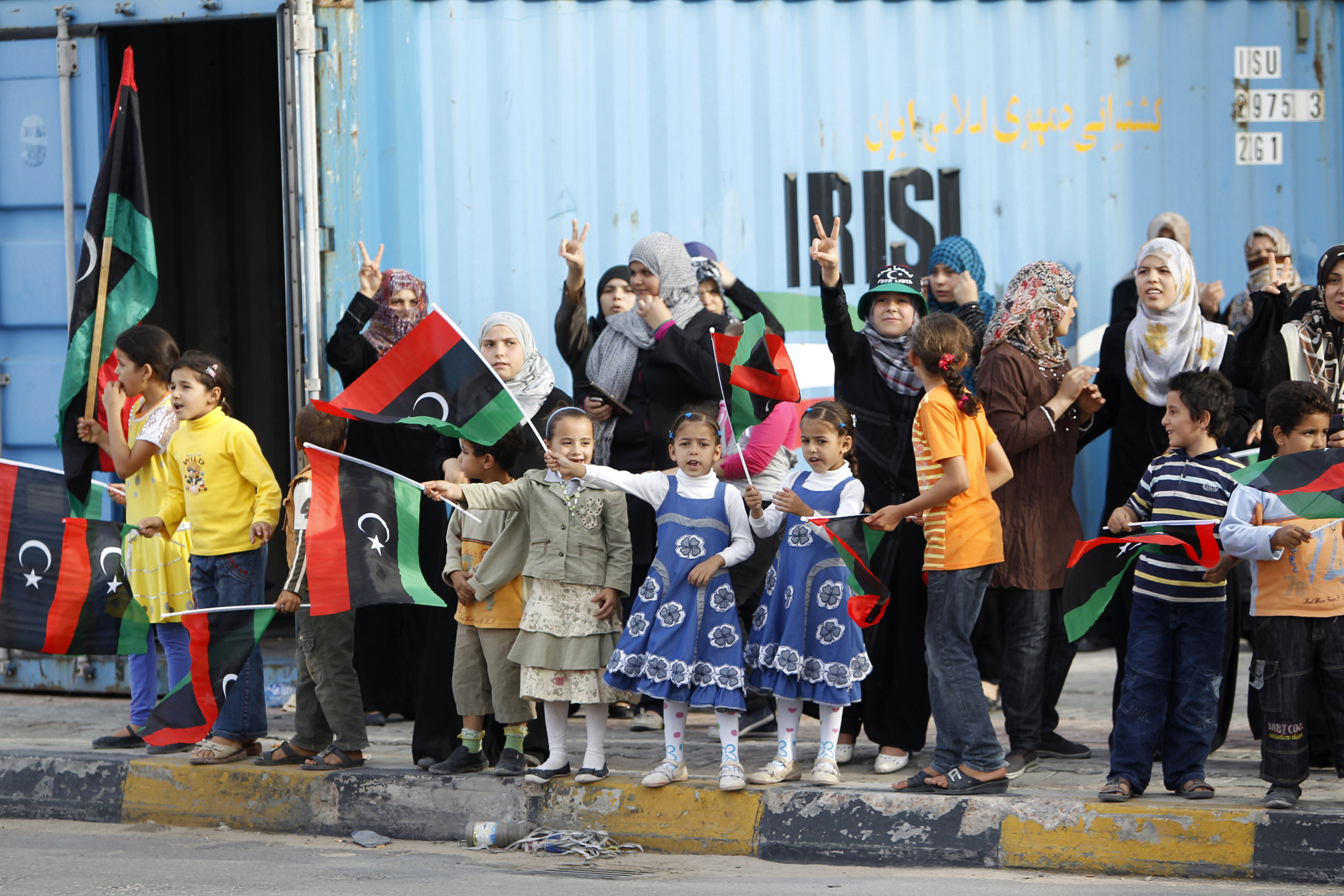
There was only one story dominating the headlines in the Swiss media on Friday – the death of the former Libyan leader, Moammar Gaddafi.
While they all welcomed the end of a dictator, many editorialists wondered how Libya would cope in the post-Gaddafi era. Meanwhile, experts said that it would have been better to see Gaddafi brought to justice.
“The world can heave a sigh of relief”, “Gaddafi’s death – finally”, “Gaddafi, the punishment of Sirte” were just some of the headlines in the Swiss press, accompanied by photos of jubilant Libyans or fuzzy shots taken of the former Libyan leader shortly after his death.
“Gaddafi – a tyrant who ruined his country” was the verdict of the Zurich-based Neue Zürcher Zeitung.
Lausanne’s Le Matin compared Gaddafi to the other dictators, Hitler and Mussolini, adding that he would also be remembered for his support of terrorism.
The tabloid Blick added that Gaddafi had “for once kept his word. He did not leave his country – which in his crazed sense of omnipotence he always thought was his – alive”.
New Libya
Several papers said they hoped that Libya would now develop into a democratic state. But there were warnings.
“Today the war is finished, at least we hope, but building the new, free and democratic Libya will perhaps be more difficult than toppling Gaddafi from power,” observed the Corriere del Ticino.
The new Swiss ambassador to Libya, Michel Gottret, who only took up his post recently, told Swiss public radio, however, that it was important to look into the future.
“I hope that this death will encourage the National Transitional Council in its efforts towards a democratic tradition and that hopefully this will all happen smoothly,” he said via satellite phone.
He added there he hoped all the many different factions in the country would not be encouraged to exact revenge over the coming days.
Swiss experts also felt there was hope for the future. Former United Nations envoy Jean Ziegler, who met Gaddafi on several occasions, said in Blick that now was “a time for forgiveness”.
And Middle East expert Arnold Hottinger, who was interviewed in the Berner Zeitung, said that Gaddafi’s death meant that his clan was now out of power for good.
Justice
Both men said it would have been better to take the former leader alive so that he could have been tried in a court of law, such as the International Court of Justice at The Hague. This, pointed out Ziegler, would have sent the right messages to other dictators like Syrian’s Bashar al-Assad.
Hasni Abidi, a Swiss Arab expert with the Geneva-based Study and Research Center for the Arab and Mediterranean World, told Le Temps that bringing the dictator to justice would have helped Libyans to “grieve over the former regime”.
However, he observed that Gaddafi’s death did serve some interests: Libyans were spared a lengthy and uncertain trial while some western countries would be pleased if their “dubious relations” they had for years with Gaddafi did not come to light.
Rocky relations, future
Switzerland had suffered rocky relations with Libya after Gaddafi retaliated for his son’s arrest in Geneva in 2008 by holding two Swiss businessmen hostage in Tripoli. Some of the main players in the affair have also commented.
Rachid Hamdani, one of two Swiss detained businessmen, said that Gaddafi’s death was deserved. “His death is a relief,” said Hamdani, who was held from July 2008 until February 2010. He added, however, that he would have preferred to see the dictator face trial.
Former Swiss President Hans-Rudolf Merz, whose abortive attempt to persuade Gaddafi to release the hostages had won him no fans in Switzerland, said in media interviews he would now like to set out his version of the trip.
Meanwhile, several newspapers looked at Gaddafi’s death in the ongoing context of the Arab Spring.
“The elections in Tunisia this weekend and in Egypt in a month will be a precious spur for Libya’s new masters,” commented Geneva’s Le Temps.
The Tages-Anzeiger also pointed to lessons to be learned from Tunisia. “Perhaps Libya will also find a way towards a solid freedom. As long as Gaddafi lived, freedom was dead.”
The temporary detention of Moammar Gaddafi’s son Hannibal in Geneva in mid-July 2008, accused of mistreating his servants, led to political tensions between Libya and Switzerland.
The Libyan authorities reacted by taking measures against Swiss nationals and companies in Libya.
On February 23, 2010, one of two Swiss citizens who had been prevented from leaving Libya was permitted to return to Switzerland.
The other was released on June 13, 2010 after serving a four month prison sentence for visa violations, and immediately returned to Switzerland.
At the beginning of the uprising, Switzerland blocked “potentially illegal” assets belonging to Gaddafi and his circle.

In compliance with the JTI standards
More: SWI swissinfo.ch certified by the Journalism Trust Initiative

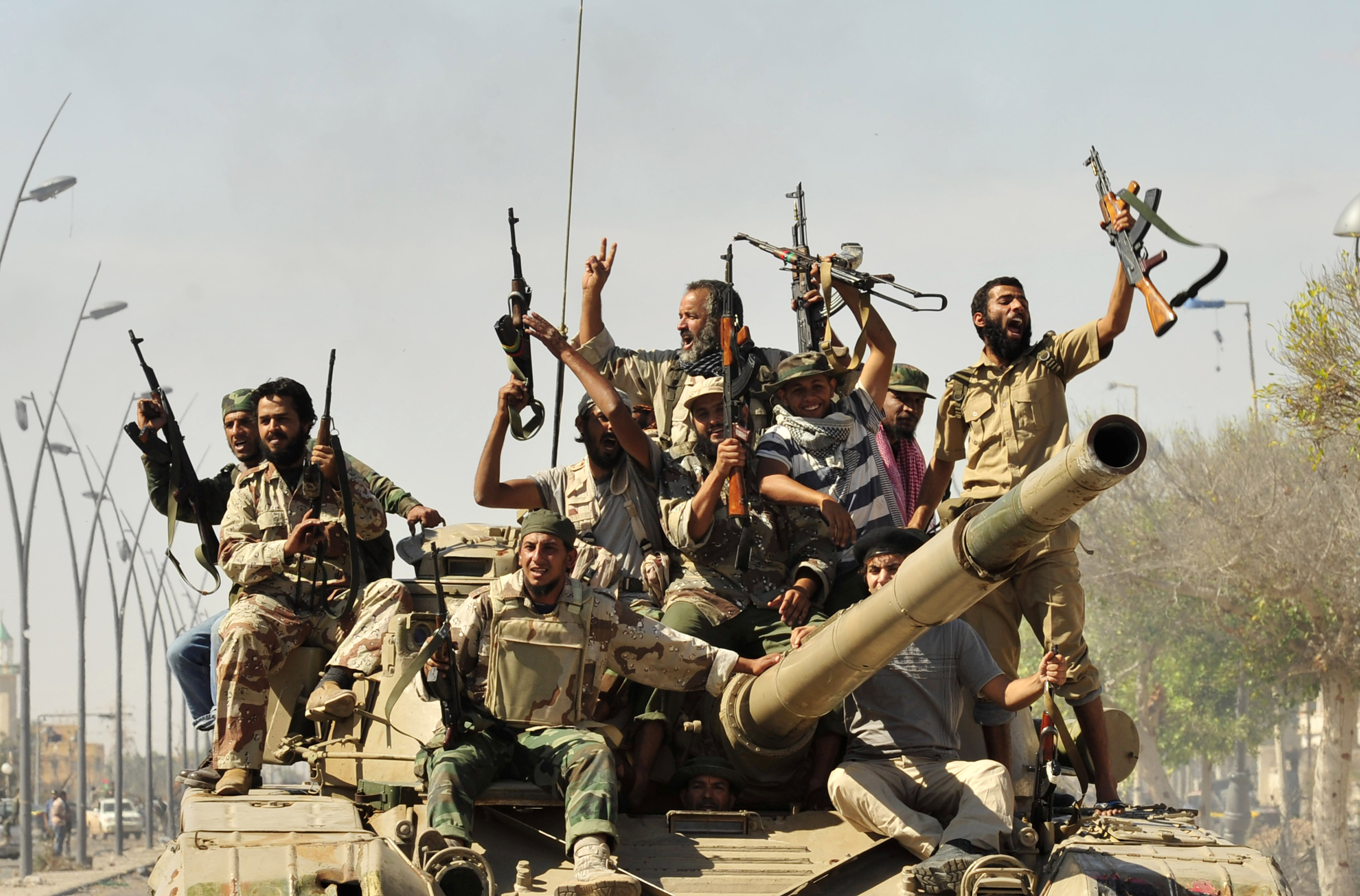
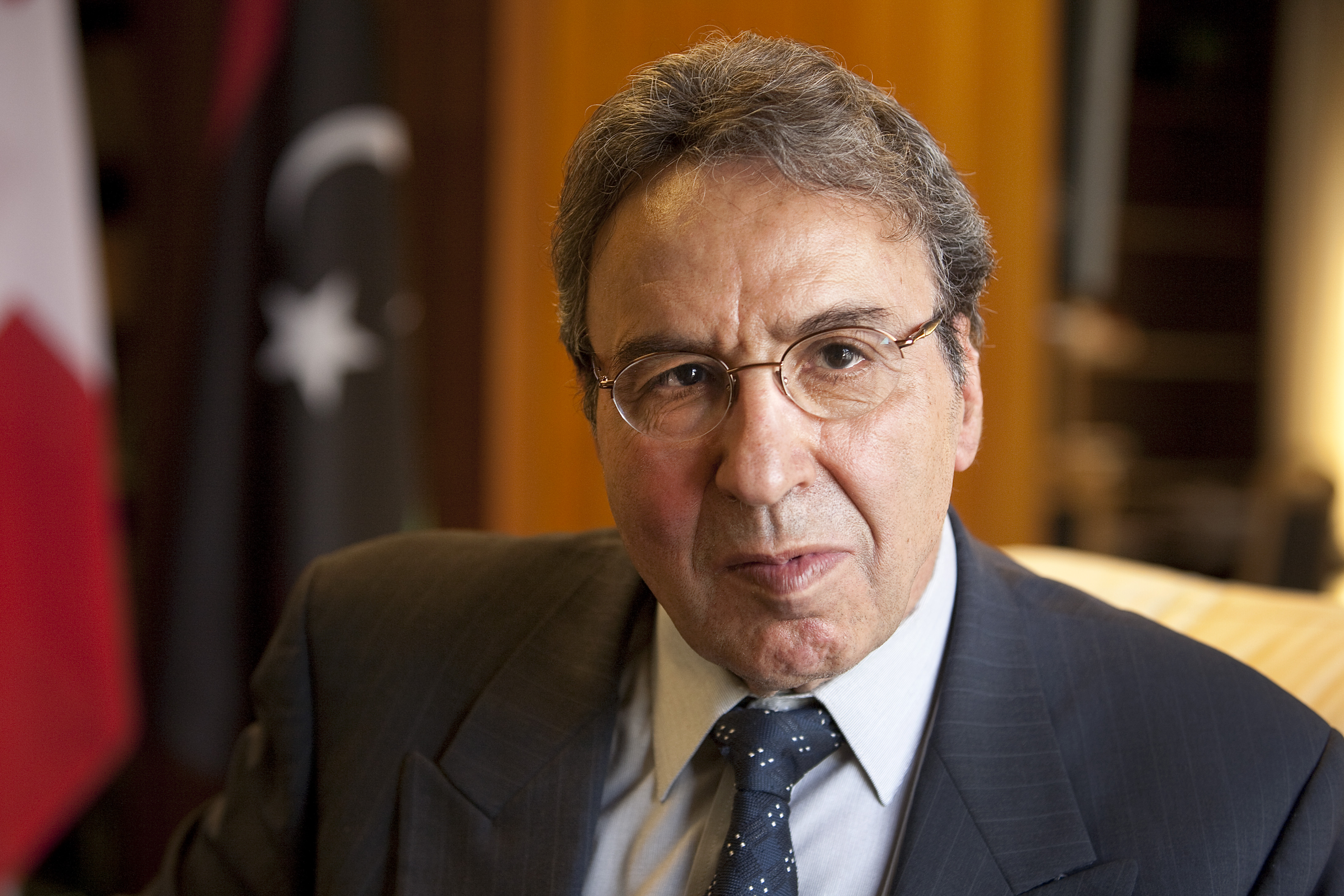
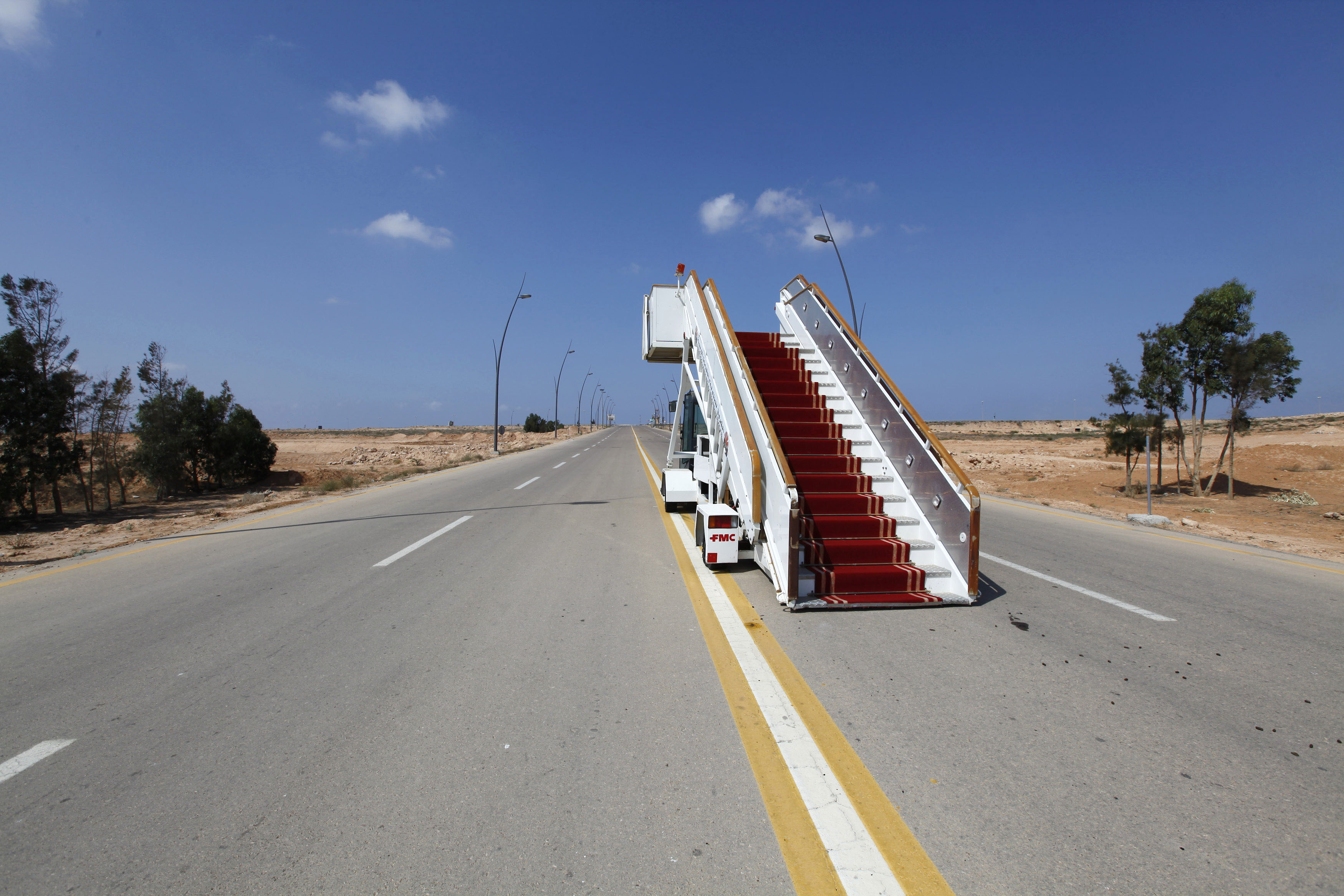
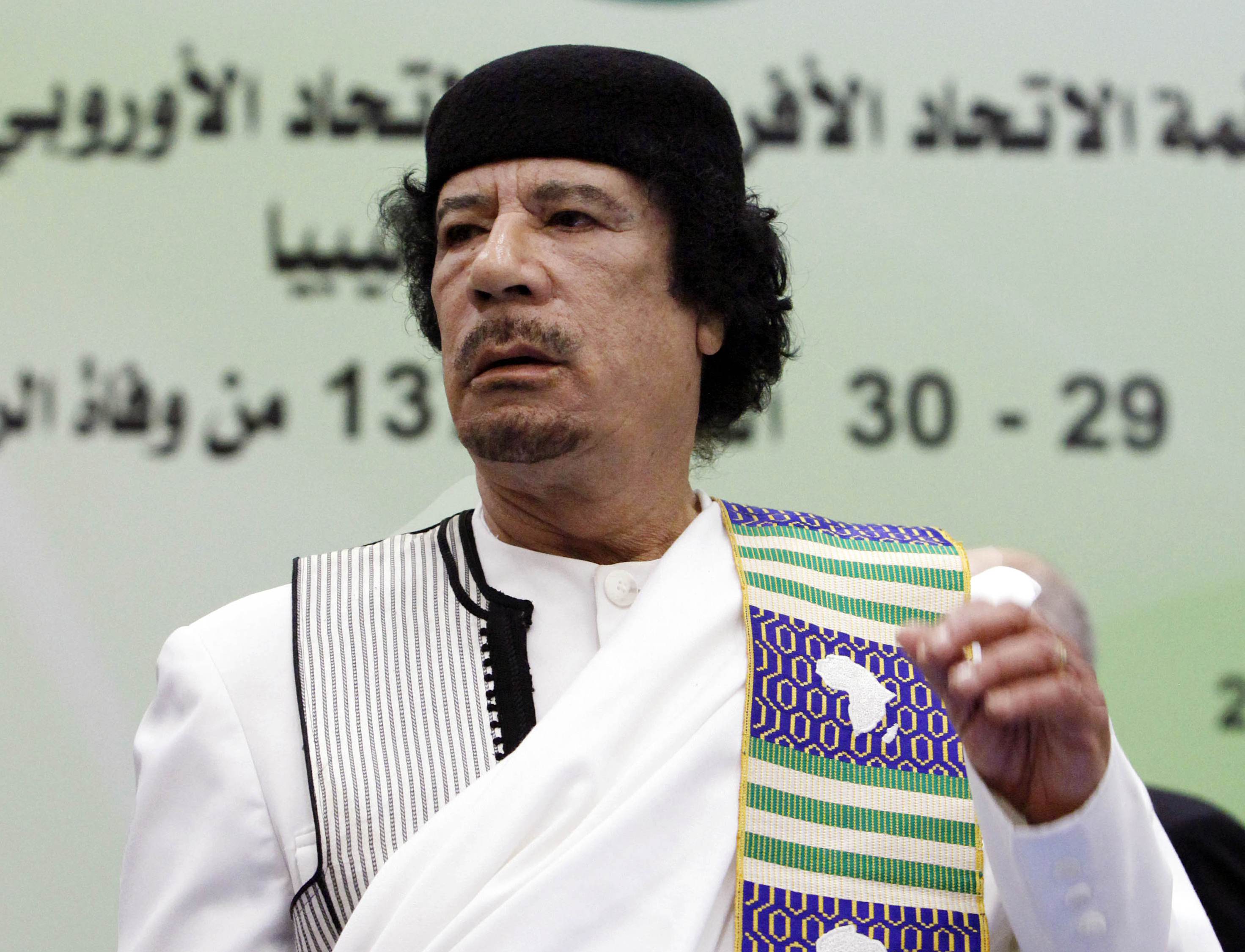
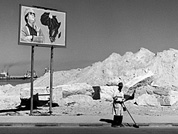
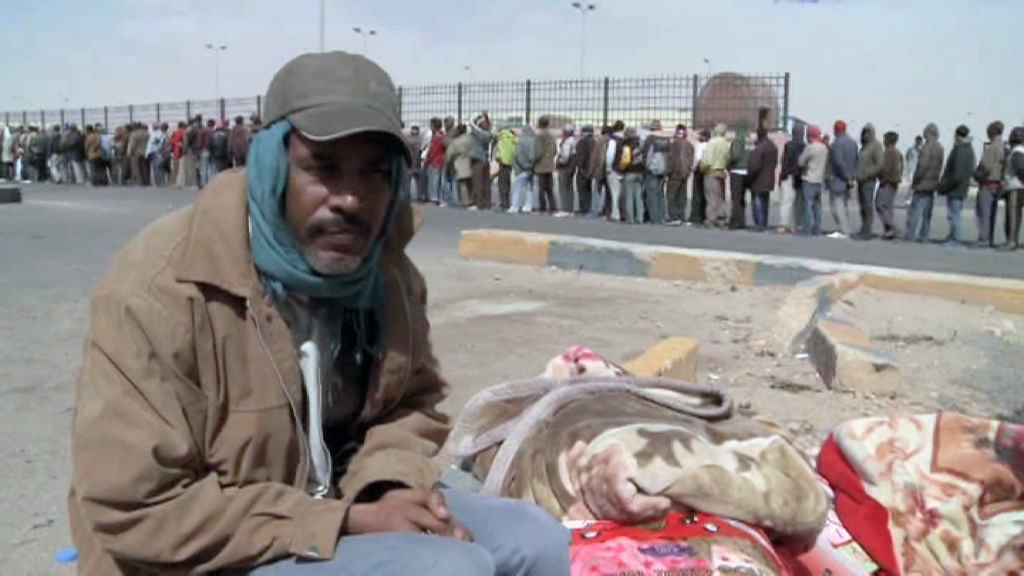
You can find an overview of ongoing debates with our journalists here. Please join us!
If you want to start a conversation about a topic raised in this article or want to report factual errors, email us at english@swissinfo.ch.